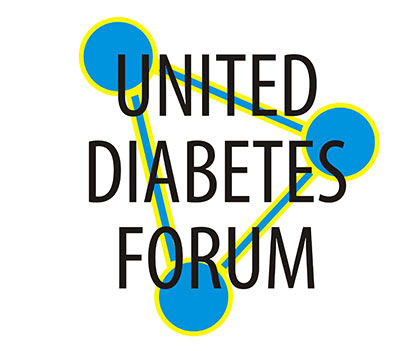
Project Blue Dot
Project Blue Dot is an initiative to empower people with diabetes to make healthier food choices through easy identification of diabetes friendly food. The project was launched in India by the United Diabetes Forum (UDF) in partnership with McCann Health. The UDF is an association of over 100 diabetologists as its members, predominantly based in Mumbai, Navi Mumbai, Thane, rest of Maharashtra and other states. McCann Health is part of McCann Worldgroup and the Interpublic Group (IPG)), a global communication network.
Our Aim
The project was aimed to bring about a policy change in food labelling thereby making identification of diabetes friendly food easy. The essential concept and idea is to denote diabetes friendly food with a distinct BLUE DOT (equivalent to the brown and green dots representing non-vegetarian and vegetarian food respectively) thus empowering patients and enhancing lives by helping them take right decisions. The project was rolled out in two phases, an initial scientific phase, when Blue Dot was defined and validated and a second phase involving a consumer campaign.
Scientific definition
Which foods can be labelled with a Blue Dot and how foods can be defined as diabetes friendly, was decided through scientific debate and validation. A national advisory board was constituted. This advisory board included eminent diabetologists, endocrinologists, nutritionists, psychologists and statisticians. Three advisory board meetings were conducted to arrive at a consensus for definition of diabetes friendly food.
